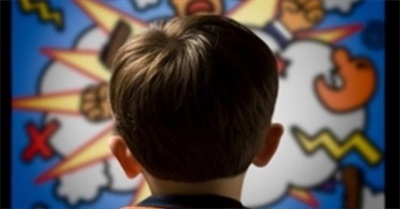 Here is how to make a child bored: first and foremost, keep him indoors so that the infinitude of nature, its endless variation and chaotic messiness is replaced by a finite, orderly, predictable realm. Second, through television and video games, habituate him to intense stimuli so that everything else seems boring by comparison. Third, eliminate as much as possible any unstructured time with other children, so that he loses his capacity for creative play and needs entertainment instead. Fourth, shorten his attention span with fast-paced programming, dumbed-down books, and frequent interruptions of his play. Fifth, hover over him whenever possible to stunt his self-trust and make him dependent on outside stimulation. Sixth, hurry him from activity to activity to create anxiety about time and eliminate the easy sense of timelessness native to the young.
Here is how to make a child bored: first and foremost, keep him indoors so that the infinitude of nature, its endless variation and chaotic messiness is replaced by a finite, orderly, predictable realm. Second, through television and video games, habituate him to intense stimuli so that everything else seems boring by comparison. Third, eliminate as much as possible any unstructured time with other children, so that he loses his capacity for creative play and needs entertainment instead. Fourth, shorten his attention span with fast-paced programming, dumbed-down books, and frequent interruptions of his play. Fifth, hover over him whenever possible to stunt his self-trust and make him dependent on outside stimulation. Sixth, hurry him from activity to activity to create anxiety about time and eliminate the easy sense of timelessness native to the young.
No one, of course, sets out on purpose to strip away their children’s most primal self-sufficiency — the self-sufficiency of play — but that is the net effect of a culture fixated on safety, bound to schedules, and addicted to entertainment. In a former time, children, despite a dearth of complicated toys, were rarely bored. Ask your grandparents whether they were bored as children, with their bikes, bats and balls, simple dolls that didn’t speak or move by themselves, in the days before television. Boredom, in fact, is a very recent word, apparently not having appeared in print until the mid-19th century. It is not a natural state, and did not exist in state of nature, or in a state anywhere near nature. It is a symptom of our alienation.
Read more: http://www.filmsforaction.org/articles/how-to-bore-the-children/























